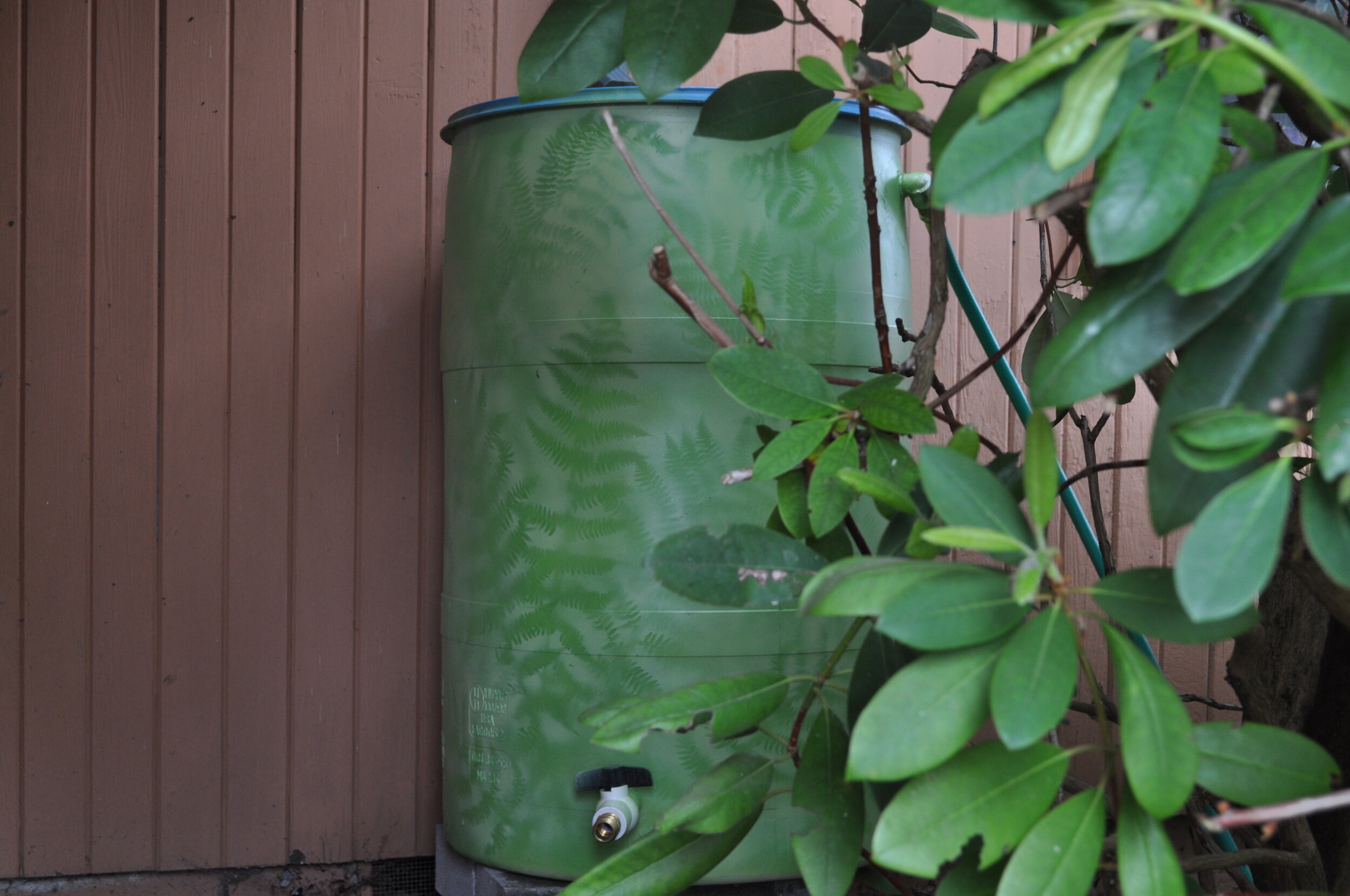Plant Sale is for Pickups Only - Drive-Through Set Up Working
/Plant Sale pickups in the age of COVID-19.
Read MoreTips, tricks, and a quick peek into the everyday life of the conservation district.
Plant Sale pickups in the age of COVID-19.
Read MoreOur 2020 Annual Plant Sale plans have changed. There will not be a walk-up sale. Pick ups will be staggered to limit exposure to COVID-19.
Read MoreOur 2020 Annual Plant Sale plans have changed. There will not be a walk-up sale, but you’ll be able to pre-order again starting Monday, March 9th. Pick ups will be staggered to limit exposure to COVID-19.
Read MoreWondering how to avoid muddy paddocks next year? Farm planner Michael Hipp explains in detail how to create mud-free, easy-to-clean paddocks.
Read MoreWe are monitoring the evolving coronavirus (COVID-19) situation and are taking the recommended precautions to keep everyone healthy.
Read MoreAgroforestry systems can help farmers of any size adapt to these new weather patterns, lessening the negative impacts that they have across the landscape. Integrating more trees into the farming landscape provides cover that can intercept rainfall, increases the amount of rain that filters into soils, and reduces the quantity, speed, and peak flow of runoff.
Read MoreSome of these, like kinnikinnick, tall Oregon grape and Pacific ninebark, will also be at our plant sale. Native plants are great for a number of things; in this case, for stabilizing the church’s hillside with their extensive, sturdy root system.
Read MoreSnohomish Conservation District is pleased to announce its list of 2019 Conservation Leaders of the Year.
Read More. Native plants used in traditional Native American recipes from this region are grown here and used in recipes for events like pow wows, often serving around 100 people each occasion.
The anthropology, engineering and cooking departments are all involved in the garden curriculum. The amount of biodiversity they have in their small amount of space is impressive; this is a prime example of natural resource conservation implementation in a small scale urban agriculture setting.
Read MoreThe Plan acts as a resource to help farmers plan for a future with both drier and wetter climates, as well as challenges that come with an ever-increasing population. It advocates for preserving farmland and greenspace that can act as both a buffer and balance to the sprawling suburbs that are quickly sprouting up.
Read MoreWinter’s darkness can be just as challenging as the rain when tending to livestock. Read on for creative ideas to see well enough to keep up with farm chores and tend to a sick or injured animal.
Read MoreEven though it’s a little cold out, residents at Winterhill Apartments in Marysville are excited to get to work in their newly-installed nine raised garden beds. Community gardens can bring neighborhoods together, connecting young and old alike while allowing families to save money and eat healthier.
Read MoreThese handy barrels are pretty amazing. By collecting a valuable resource that literally falls from the sky, they can water your plants and livestock with chlorine-free rainwater, clean your car, bike, tools, etc. without ever using the faucet, and protect local streams and the Puget Sound. Plus, your water bill will thank you.
Read MoreHosting can be a bit stressful, and the last thing you’d want is a septic system failure.
Read MoreLast month began our new Washington Conservation Corps (WCC) Crew’s term. These six young environmental stewards will be with us through September 2020.
Read MoreThe last two months have been incredibly busy for our Urban Stormwater team, and we’ve had a hard time keeping up! From installing rain gardens to teaching rain barrel workshops, our staff is hard at work to offer creative ideas and incentives to help residents, businesses, schools, homeowners associations, cities, and tribes. Here’s a short recap of what they’ve been doing.
Read More
The garden bed sides are short enough for small children to get a hands-on learning experience.
More families will be fed thanks to 6 newly-installed raised garden beds at the Early Childhood Education and Assistance Programs (ECEAP) location in Everett, owned by Volunteers of America.
The ECEAP provides free services like child health coordination and nutrition, family support and parent involvement, and early learning preschool. These raised garden beds will be used to teach children the value of gardening and where their food comes from, and the fresh produce grown on-site will go on to provide healthy, fresh meals for low-income families.

The recycled lumber stripped of nails and coating.
Better yet, these garden beds are made from recycled lumber from Down to Earth Community Gardens. In 2019, the Snohomish Conservation District helped Down to Earth Community Gardens reach almost 300 raised garden beds that have since gone to individual homeowners, apartment complexes, non-profits and food banks.
This lumber, sourced from leftover piles at construction sites and shipping crates, is a great example of how we can reuse our materials to create something new and healthy for the environment and our communities.
*2023 Update* This program was sunsetted in 2019. Thanks for your interest.
If you are interested in having low cost or possibly free rain barrels, please let us know.

A rain barrel that has been painted to match local fauna.
David would love to talk to you! Give him a call at 425-377-7015 or email djackson@snohomishcd.org to learn more.
More information about rain barrels --
https://snohomishcd.org/rain-barrel-program
Here’s the wrap up of Orca Day events in Snohomish Conservation District. We’re excited to see it grow from around 20 volunteers in 2018 to a much larger reach in 2019.
Read MoreWhat used to be a rock and garbage-filled ditch is now a scaled-down riverscape of native flowers, trees and shrubs, complete with several wood ornaments and a bridge that Paul built. The neighbors say they fall asleep to the sound of the stream.
Read More
Snohomish Conservation District | 528 91st Ave NE, Lake Stevens, WA 98258 | 425-335-5634